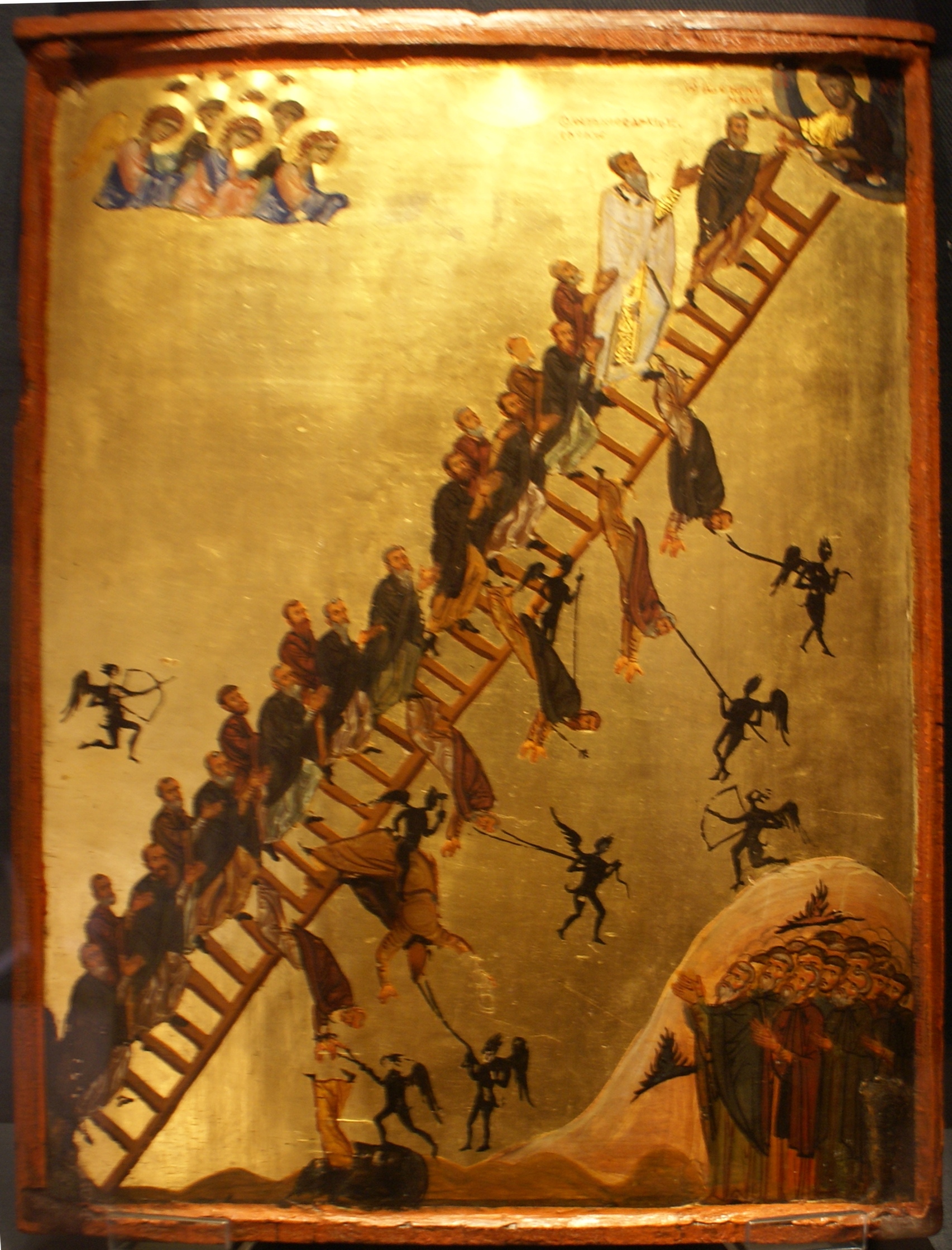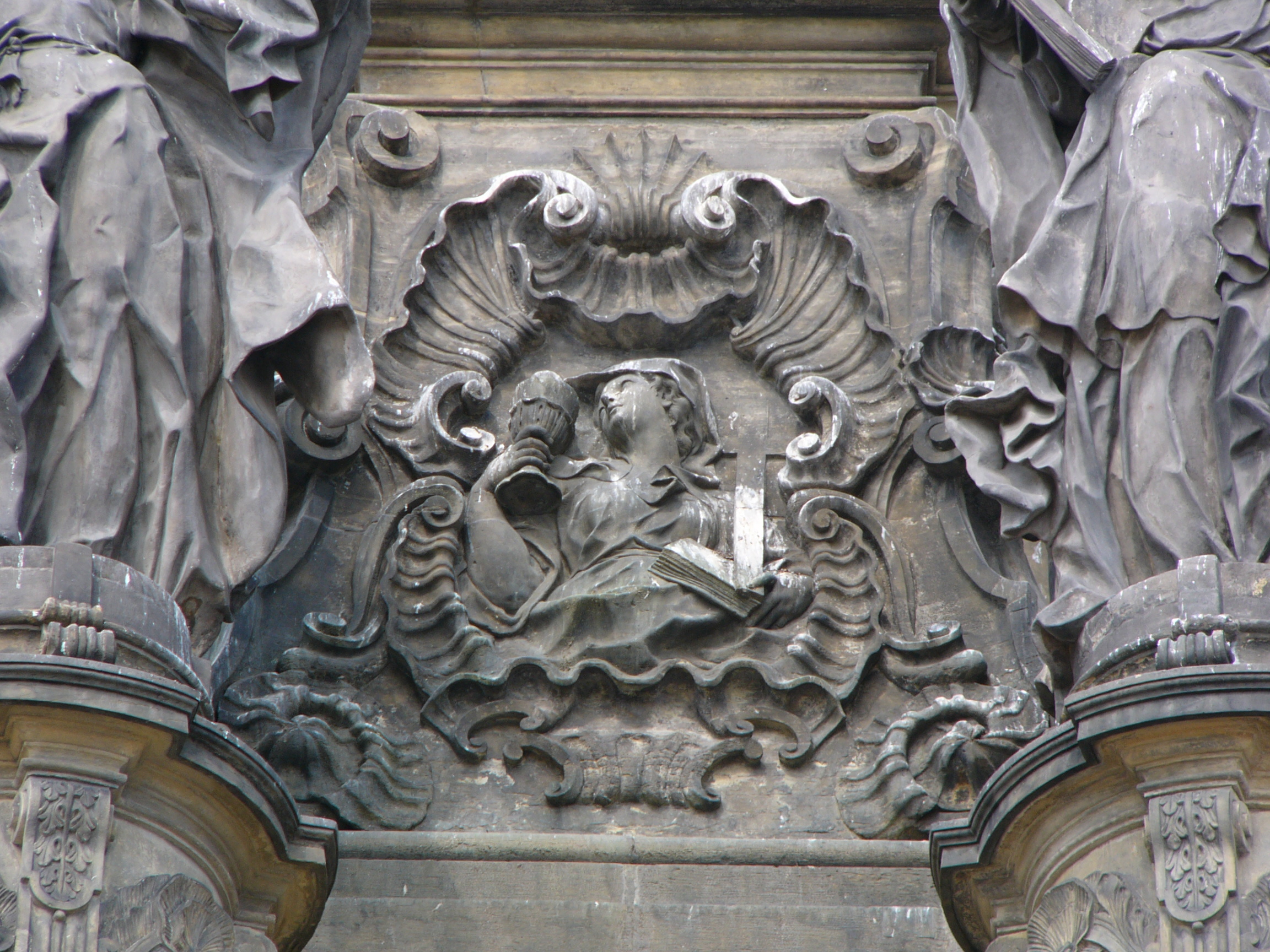|
Divina Commedia
The ''Divine Comedy'' ( it, Divina Commedia ) is an Italian narrative poem by Dante Alighieri, begun 1308 and completed in around 1321, shortly before the author's death. It is widely considered the pre-eminent work in Italian literature and one of the greatest works of world literature. The poem's imaginative vision of the afterlife is representative of the medieval worldview as it existed in the Western Church by the 14th century. It helped establish the Tuscan language, in which it is written, as the standardized Italian language. It is divided into three parts: ''Inferno'', ''Purgatorio'', and '' Paradiso''. The narrative takes as its literal subject the state of the soul after death and presents an image of divine justice meted out as due punishment or reward, and describes Dante's travels through Hell, Purgatory, and Heaven. Allegorically, the poem represents the soul's journey towards God, beginning with the recognition and rejection of sin (''Inferno''), followed by ... [...More Info...] [...Related Items...] OR: [Wikipedia] [Google] [Baidu] |
Dante Domenico Di Michelino Duomo Florence
Dante Alighieri (; – 14 September 1321), probably baptized Durante di Alighiero degli Alighieri and often referred to as Dante (, ), was an Italian poet, writer and philosopher. His ''Divine Comedy'', originally called (modern Italian: ''Commedia'') and later christened by Giovanni Boccaccio, is widely considered one of the most important poems of the Middle Ages and the greatest literary work in the Italian language. Dante is known for establishing the use of the vernacular in literature at a time when most poetry was written in Latin, which was accessible only to the most educated readers. His ''De vulgari eloquentia'' (''On Eloquence in the Vernacular'') was one of the first scholarly defenses of the vernacular. His use of the Florentine dialect for works such as '' The New Life'' (1295) and ''Divine Comedy'' helped establish the modern-day standardized Italian language. His work set a precedent that important Italian writers such as Petrarch and Boccaccio would later ... [...More Info...] [...Related Items...] OR: [Wikipedia] [Google] [Baidu] |
Heaven (Christianity)
In Christianity, heaven is traditionally the location of the throne of God and the angels of God,Ehrman, Bart. Peter, Paul, and Mary Magdalene: The Followers of Jesus in History and Legend. Oxford University Press, USA. 2006. and in most forms of Christianity it is the abode of the righteous dead in the afterlife. In some Christian denominations it is understood as a temporary stage before the resurrection of the dead and the saints' return to the New Earth. In the Book of Acts, the resurrected Jesus ascends to heaven where, as the Nicene Creed states, he now sits at the right hand of God and will return to earth in the Second Coming. According to Catholic, Eastern Orthodox, and Oriental Orthodox teaching, Mary, mother of Jesus, is said to have been assumed into heaven without the corruption of her earthly body; she is venerated as Queen of Heaven. In the Christian Bible, concepts about Christian eschatology, the future "kingdom of heaven", and the resurrection of the dea ... [...More Info...] [...Related Items...] OR: [Wikipedia] [Google] [Baidu] |
Faith In Christianity
Within Christianity, faith, in one sense, is often discussed in terms of believing God's promises, trusting in his faithfulness, and relying on God's character and faithfulness to act. Some denominations believe in the New Covenant and in the doctrine of salvation by faith alone (''sola fide''). According to most Christian traditions and denominations, Christian faith requires a belief in the resurrection of Jesus, and the Agony in the Garden which Jesus states is the plan of God the Father. Since the Protestant Reformation of the 16th century the meaning of the term "faith" has been an object of major theological disagreement in Western Christianity. The differences have been largely overcome in the Joint Declaration on the Doctrine of Justification (1999).The precise understanding of the term "faith" differs among the various Christian traditions. Despite these differences, Christians generally agree that faith in Jesus lies at the core of the Christian tradition, and that su ... [...More Info...] [...Related Items...] OR: [Wikipedia] [Google] [Baidu] |

.jpg)

